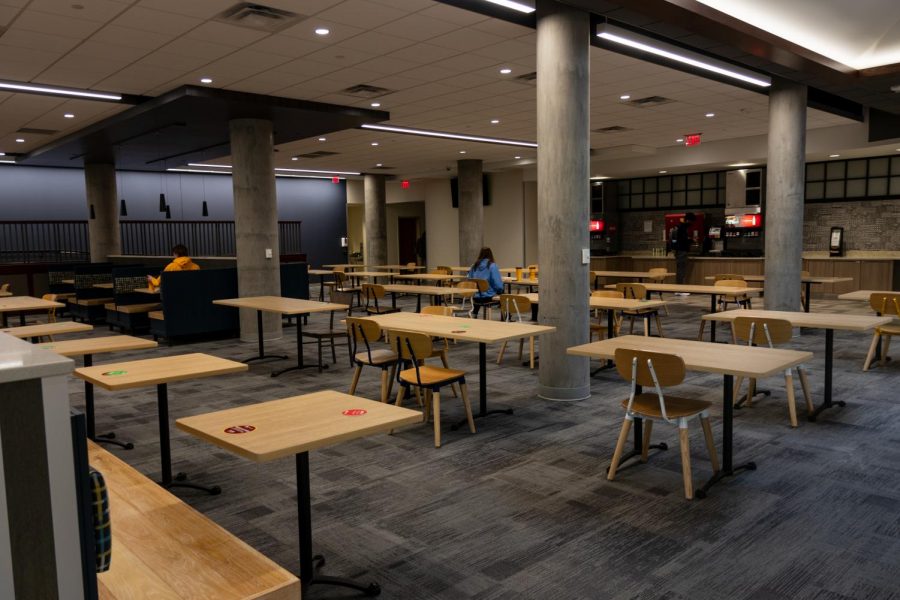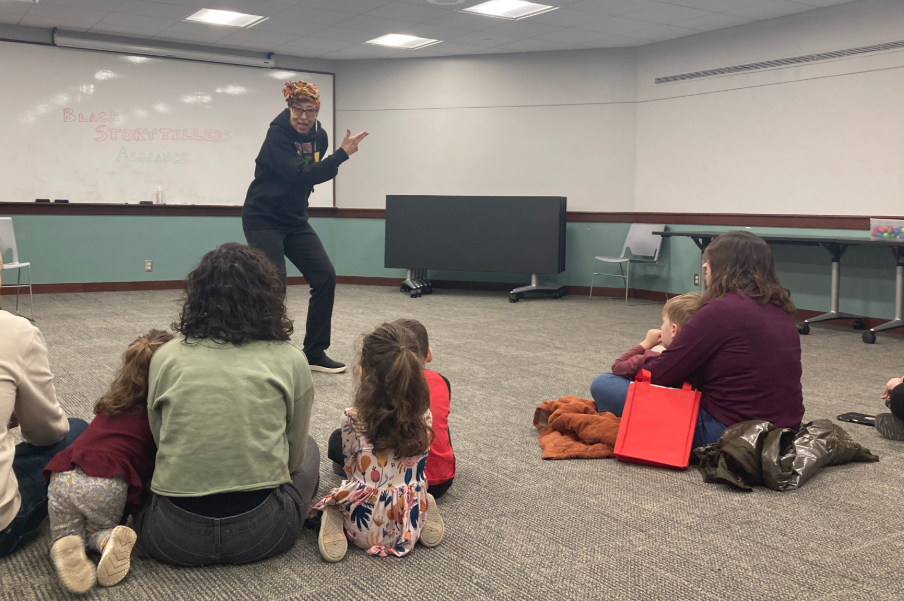The Minnesota Student Association passed two resolutions that ask the University of Minnesota to support academic and dining accommodations for students observing current and upcoming religious holidays, like Passover and Ramadan.
According to co-author and third-year student Mustafa Ali, he created the two resolutions to address Jewish and Muslim students’ needs observing Passover and Ramadan. Passover began on March 27 and will continue to April 4. The month-long observance of Ramadan begins in mid-April.
Ali said the resolutions are not exclusive to Passover and Ramadan, but all religious holidays.
“There are so many different variations in how they implement their observances, so then we couldn’t find a way to generalize it,” Ali said. “So, we use these two examples, just right now, to construct the discussion.” Passed on March 16, the resolution to support academic accommodations calls for University faculty and instructors to accommodate students who observe religious holidays with dietary restrictions by providing the option to alter class and exam schedules and extend assignments as needed.
In upcoming weeks, many Muslim students at the University will be fasting without food and drink from dawn to dusk in observance of the holy month of Ramadan. Because many Muslim students attend night prayers spanning from one to five hours and eat their last meal before sunrise, the time when fasting begins, faculty should provide alternative options to students who attend classes from 8 a.m. to 10 a.m., the resolution says.
A supplemental resolution for dining hall accommodations asks that M Dining undergo a “systematic review” to better accommodate students with dietary and food restrictions during religious observances.
The resolution suggests extending dining hours for students, providing reimbursement for delivery in the case of later dining and transferring meal plan credits for use at other campus dining locations to support Muslim students. The resolution suggests offering more grainless food options for students not eating leavened grains in observance of Passover.
Oren Rosenberg, a co-author of the resolutions and a student representative of Students Supporting Israel, said the University should provide students with more options.
During Passover, M Dining offers Jewish students matzo ball soup and continues to provide kosher meals through Grubhub for each meal, Rosenberg said. Minnesota Hillel also serves one meal a day for students for the duration of Passover.
“I remember really struggling with trying to find meals that would work with my limitations,” Rosenberg said. “I think that just having the University, which provides the food to a lot of incoming students, and otherwise through these dining halls, would be great if they could try to make some accommodations.”
Ebyan Mohamed, a student representative from the Somali Student Association, said she remembers having difficulty accessing food to break her fast during Ramadan.
“I found myself having to buy food and spend a lot of money outside just to get a meal because the dining halls were closed,” Mohamed said.
Ali said he believes the University will implement more accommodations when operations return to in-person.
“I believe by next year we should have the regulations established without even needing a reminder,” Ali said. “Right now, we have to fight for it.”


















